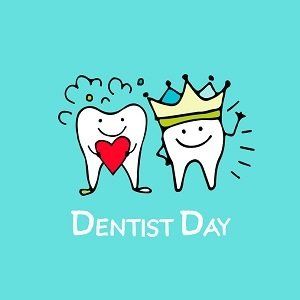Why You Should Not Avoid Going to the Dentist
- By Mary Marks
- •
- 31 Mar, 2021
- •

Regular visits to your dentist are essential for oral health, even if you are proud to maintain excellent oral hygiene. The recommended interval is every six months – here is why:
- Professional inspections can catch any problem while it is still easy to remedy – regular dental visits can save you from serious dental problems. Regularity will allow your dentist to detect cavities while they are still small and easy to treat and gum problems are also easier to treat if they are caught in an early phase;
- A bright smile at all time – the dental cleaning regimen that you follow at home might be thorough, but nothing compares to the efficiency of professional cleaning by a Denver sedation dentist. Getting your teeth cleaned by your doctor every six months will ensure that your pearly whites stay white;
- Less money spent on dental treatment – root canal treatments, crowns, bridges, dentures and implants are very expensive. With regular dental visits, you can reduce dental treatment costs by needing only minor interventions and by avoiding expensive dental replacement solutions for as long as possible;
- Less pain and discomfort – minor issues can be treated with only a minor discomfort, so paying regular visits to your dentist is the best way to avoid dental pain and suffering.





Although oral sedation dentistry Highlands Ranch is one of the optionsavailable for managing anxiety and discomfort during oral surgery, you certainly do not need to use it all the time. As a matter of fact, the exact type of sedation or anesthesia that you receive during oral procedures may depend on various factors, such as the complexity of the procedure, your medical problems, as well as your doctor’s preferences.
There can be several different levels of sedation that can be used in oral surgery. Local anesthesia is one of them. This involves injecting anesthetic medication into the specific area where the surgery will take place. It numbs the area and is often used for less invasive procedures.
Oral sedation involves taking medication in the form of a pill to induce a state of relaxation and drowsiness. The patient is still conscious, but he/she may not be fully aware of the procedure. At any rate, sedation helps him/her get rid of anxiety.
In the case of intravenous sedation, medication is administered through a vein, which induces a deeper state of sedation than oral sedation. Patients may still be conscious, but they are less aware of their surroundings and may not remember the procedure.





